“The wind was not the beginning. There are neither beginnings nor endings to the Wheel of Time. But it was a beginning.”
Last week I went on a creative pilgrimage to South Carolina.
I visited a library.
I saw a tree.
I met up with my “book club.”1
That’s the easy to digest version.
The facts, if you will.
But this trip was not about facts. It was about metaphysics.
For the uninitiated, metaphysics is:
“the branch of philosophy that deals with the first principles of things, including abstract concepts such as being, knowing, substance, cause, identity, time, and space.”2
This journey was about all of these things in a really intricate and profound way.
But first, let’s take a step back into the late 90s.
Observe Sarah, who has fallen asleep on the bed with a dictionary. Again. To the side of the bed is a stack of large thick blue books and several notebooks. If you thumbed through the notebooks you’d find clumsily written facts and lists of names.
Or carefully calligraphed prophecies.
At this point in my life I had no concept of neurodivergence or autism. But I had fallen for the deepest special interest of my life. When I wasn’t doing schoolwork or working I was thinking about these books.
The Wheel of Time.
I’ve written about this before, but it’s almost impossible to get across how important these books are to me or why. Here’s where metaphysics comes in.
There’s something about connecting with someone’s art that goes beyond the physical plane. Beyond logic.
It would be easy to say I love the characters, the genre, the use of language. That I’m drawn in by the depth of world building, the complexity of the magic system, and the sheer scope of the books. All of these things are true.3
Yet, I don’t think these are why I connect so deeply to this story.
It’s more ephemeral than that.
More metaphysical.
There’s something in me that feels seen by these books.
A sense of belonging and knowing that runs deeper than thought processes. A recognition at the soul level.4
The same feeling as when you meet a friend who just “gets it.” When the things that felt weird and unknowable about you become points of connection.
“You too? I thought it was just me.”
But it’s not just about similarities. Differences form this bond as well. And they expand your worldview. You begin to see the world through the eyes of your friend.
That is how I feel about these books. They see me and they also stretch me.
These characters were my peers. The fact that they weren’t real didn’t make their influence any less impactful.
I read these books at the height of my social anxiety. And I took away important lessons from the Aes Sedai. I saw their confidence and how they carried themselves in the world. I learned that perception can be more powerful than reality. And the that the truth you hear isn’t always the truth you think you hear.
I also saw teenagers leave their village and reshape the world. Everything felt possible.
When I finished the series I put the books on a shelf and didn’t touch them for a decade. (I talked about this a bit in my podcast chat with Morgan Harper Nichols.)
I didn’t realize at the time that my interests are a tool for self regulation and a lens I use to process the world. I had no idea what function they had in my life until they were no longer there.
In 2020 I hit rock bottom.
I couldn’t cope.
Then I started re-reading The Wheel of Time.
I’d forgotten how these books made me feel. I knew I loved them. But I also enjoy other stories and books that don’t have the same resonance. These stories are different.
They are etched into my bones.
When I re-read the Wheel of Time I’m always surprised at the curious mix of what I’ve retained - the details I know as if I lived them. And what became hazy over time.
There’s always something new to notice.
And in a story of 4.4 million words and 2787 distinct named characters I suppose there would be.5
Sometime after that re-read I also reconnected to the Wheel of Time community. I was surprised and delighted to find there were other nerds who still loved these stories as much as I do.
It felt like rediscovering part of myself that I’d forgotten existed. My joy at listening to livestreams on The Dusty Wheel was palpable.. an embodied sense of belonging. “These are my people.”
The more time I spend in this community the more incredible I realize it is.
There’s a generosity in spirit and a value in creative joy that I haven’t seen in other corners of the internet. The more I watched these people nerding out the more I knew I needed to make time and space for this in my own life.
This January I wrote down “Wheel of Time convention” and “Pilgrimage to Robert Jordan’s Notes” as long term goals. It felt impossible at the time, but also important. Never in my wildest dreams did I imagine both would happen this year.
Intention invites opportunity.
After winning a ticket to WoT Con this summer one thing led to another and I signed up for Ogier Con - a small gathering of fans who were planning to make the pilgrimage to Charleston…together.
Instead of traveling alone I was destined to go there in community.
The wheel weaves as the wheel wills.
When I made it to the library I found myself reading Wheel of Time manuscripts with Matt Hatch, Tamrylin of Theoryland, Innkeeper of The Dusty Wheel.
In that moment, time collapsed in on itself. I existed in four timelines simultaneously:
the moment I learned these notes existed
thinking this trip was impossible
writing the intention
holding RJ’s notes in my own hand
Over time other hard core fan freaks joined us at the table. We’d each come with a different purpose.
My purpose was to study Robert Jordan’s creative process.
My curiosity about RJ’s writing process doesn’t come from a desire to replicate it. I could no more write in his particular style than you could teach a bird to swim.
But I’m learning that his process was messier and more intuitive than what I had come to accept as “the right way.” It’s given me inspiration to toss out the rule book and develop a writing process that works for me.
There’s something about the Wheel of Time that reverberates with the storyteller inside me.
It shakes my inner writer awake. I wondered if I’d feel that reading his notes. And I did. The more I learn about Robert Jordan’s writing process the more I see pieces of myself.
Don’t get me wrong. We’re wildly different people. But there are mundane similarities.
Looking at his notes I found lists. Facts, idioms, and so much research. He filled notebooks with information about plants and herbal remedies. Historical and mythological figures.
Other notebooks had a single list and the rest was empty.
(I vow never to feel guilty about abandoning notebooks again.) 😂
These were just the kind of notes I used to keep as a teenager. I had one small green notebook that was a collection of names - especially for writing.
I also have an obsession with collecting what I call colloquialisms. An interest originally sparked by their use in Robert Jordan’s writing, and expanded during my time living abroad.
For example, I love the contrast between
“I feel like I’ve been hit by a Mac truck.” (Mississippi)
and
“I feel like I’ve been pulled through a bush backwards.” (Ireland)
It’s even better with accents, trust me.
I looked up some of the phrases RJ had collected and determined they were from films. I can only imagine that he then studied those to work out how to create his own. He was an expert at this and it made his world feel rich and lived in. For example, a character who grew up in a fishing village says,
“You bore a hole in the boat and worry that it’s raining.”6
I love seeing evidence that Robert Jordan had similar drive to collect information.
There was a conspicuous lack of outlines.
Instead there were plenty of notes in a style that RJ called “rambling.”
These ramble files read almost like freewriting about the story. He seemed to craft his plot on the page. Not in an outline.
The first ramble file I read opened with a few paragraphs about Emonds Field - the houses, the economic structure, the village’s contact with the outside world (peddlers, grain traders, and gleemen.) Then he starts working through details. I love the bits where he asks himself questions or sets down two different options to consider.
“The peddler is dead(?)”7
“Tea: where does it come from?”8
“Lan falls in love with Eguene (?) or with Nyneve (?)”9
“????? the Rods of Dominion ?????”10
Many of Jordan’s early ideas are very different to what happens in the books while others remain unchanged.
I think my writing process could do with a bit more rambling on paper.
I already use freewriting to process experiences in life. So it feels like a natural fit to weave that into my storytelling.
I stayed in the library until a librarian came up quietly and asked, “Did you know we close at 4?” It was 4. I thanked her and packed up. I paused to look at the display outside the library. RJ’s old desktop computer was there with a sticker,
“Any sufficiently advanced technology will be indistinguishable from magic.”
I started a 15 minute walk to the Air B&B my rolling suitcases in tow. Along the way I serendipitously came across Ogier street. The Ogier are a forest dwelling people in the Wheel of Time who have a penchant for long winded stories and info dumps. (Sound familiar?)
I took a photo.
The rest of the weekend was an exploration of Charleston and the places that inspired the books.
We visited the Angel Oak, known affectionately by the fandom as Avendesora, the Wheel of Time’s version of the Tree of Life. I’ve seen live oaks before, but the scale of this one was otherworldly. It’s impossible to convey the sense of scale with a photograph.
The next day we walked the gardens of Harriet McDougal’s home (Robert Jordan’s widow and editor). We were given a tour by Maria Simons (Head of the Brown Ajah). Every time I thought we’d seen it all we would turn a corner or step into a passageway and discover more. A true secret garden.
I took photos of flowers to plant in my own garden next year (including these tithonia which the butterflies loved… I even spotted a monarch.)
Next, we met with military historian and author of Origins of the Wheel of Time Michael Livingston.
He talked about his own creative process and showed us around The Citadel - the military college where RJ drew inspiration for The White Tower. There was also an impromptu book signing at Robert Jordan’s desk, which is now his. Michael signed a copy of his fiction book Shards of Heaven for me, which I look forward to reading. It is a historical fantasy novel set in Ancient Rome.
I’m still processing everything I was able to see.
Most of it didn’t seem real. Kind of like seeing Big Ben for the first time.
And between every surreal moment was soul to soul connection.
The intimate size and setting of the gathering made space for expansive and meaningful conversation.
It was like a bubble of peace that existed outside of time and space.
A Dreamshard, if you will.
I went looking for Robert Jordan and I found his spirit alive in these people.
If that’s not metaphysics at work I don’t know what is.
Many thanks to everyone who worked hard to make this weekend come to be, and also to every single sweet spirit who was there.
You are all doing The Light’s Work in your own way.
Your names sing in my ears.
I’m in proper long winded Ogier mode today, but I’ll try to wrap things up.
Circling back to my creative process:
I’ll never be Robert Jordan.
No one will.
But I can be Sarah Shotts.
I can tell the stories that are important to me in the ways and timelines that are right for me. My goal isn’t capitalistic success, but creative expression. To make something that’s true to me and share it with others who may find bits of themselves in it.
I’ll always have multiple projects. But I’m learning how to them weave them together. One project bubbling away in the slow cooker. One on the stovetop. And another fermenting in a dark cupboard.11
That cupboard is where my fiction writing has been. It’s time to wake up that sourdough starter and start proving some bread.
Let’s discuss.
Do you have any projects in the fermentation cupboard you’re ready to pull out?
Have you ever had a creative pilgrimage? Where did you go and what did you learn?
Cheers,
P.S. Did you miss my first post about rediscovering Wheel of Time? Catch it here.
The Value of Creative Joy 🥰
Today I want to talk about creative joy. Reconnecting to The Wheel of Time has reminded me what creativity felt like before it got all tangled up in career and profession and entrepreneurship. For the last decade my creative energy has been focused outwards.
P.P.S. Want to know more about The Wheel of Time? I wrote this for you.
Wheel of Time 101
I’ve had a few questions about where to start with The Wheel of Time. So I thought I would write a short post about the books, show, and community that I could point people too. I talked quite a bit about my connection to Wheel of Time (WoT) in my recent podcast chat with
We realized over the weekend that the easiest way to explain why 12 strangers were flying across the country to visit a library and an old tree was simply to call ourselves a book club. It worked on my chiropractor.
Metaphysics definition via Oxford Languages
Also true, and something I love about this fandom is that we each bring our own criticisms to these books we love. I don’t love these books in a way that is infallible. I know they are flawed. Everything human is. And I love them anyway.
Perhaps I should reread John O’Donohue’s Anam Cara with this in mind. Maybe there are answers there. (Anam Cara means “soul friend” in Gaelic.)
For the curious that’s 88 NaNoWriMo novels. The reason I went for words instead of pages.
Siuan Sanche, The Great Hunt by: Robert Jordan
Box 20, EOTW Revision #1, Filename: Ramblings, pg. 10 (James Oliver Rigney, Jr., papers, College of Charleston Libraries, Charleston, SC, USA.)
Box 24, Folder 1, TGH, “Misc Random thoughts” (James Oliver Rigney, Jr., papers, College of Charleston Libraries, Charleston, SC, USA.)
Box 24, Folder 1 “Notes on course of books” (James Oliver Rigney, Jr., papers, College of Charleston Libraries, Charleston, SC, USA.)
Box 75, Folder 2, “Additional White Goddess Notes” (James Oliver Rigney, Jr., papers, College of Charleston Libraries, Charleston, SC, USA.)
It turns out fermentation is actually a key part of my creative process, and not one I’m going to feel guilty about any more. Maybe I’ll write more about this another day.




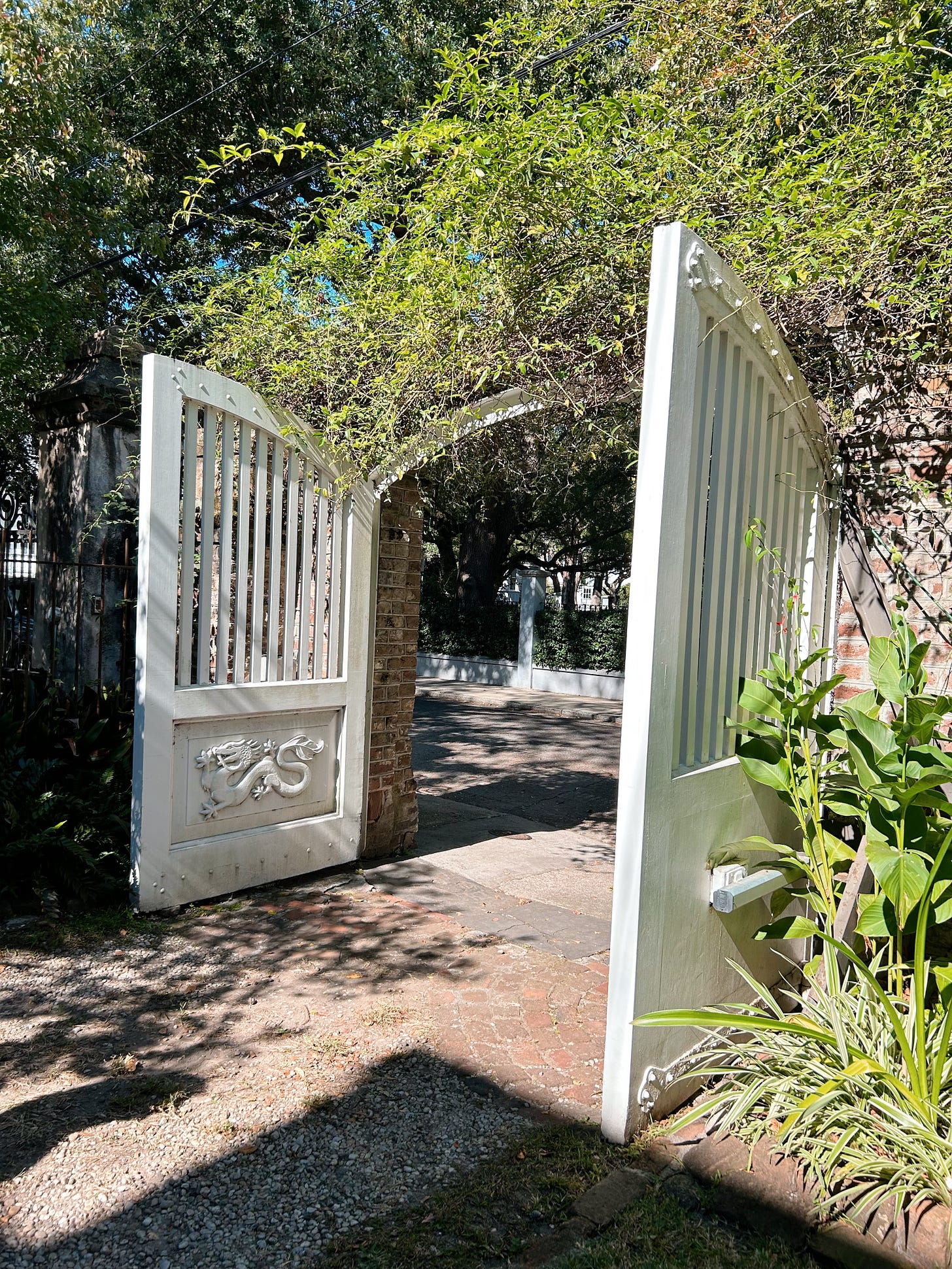
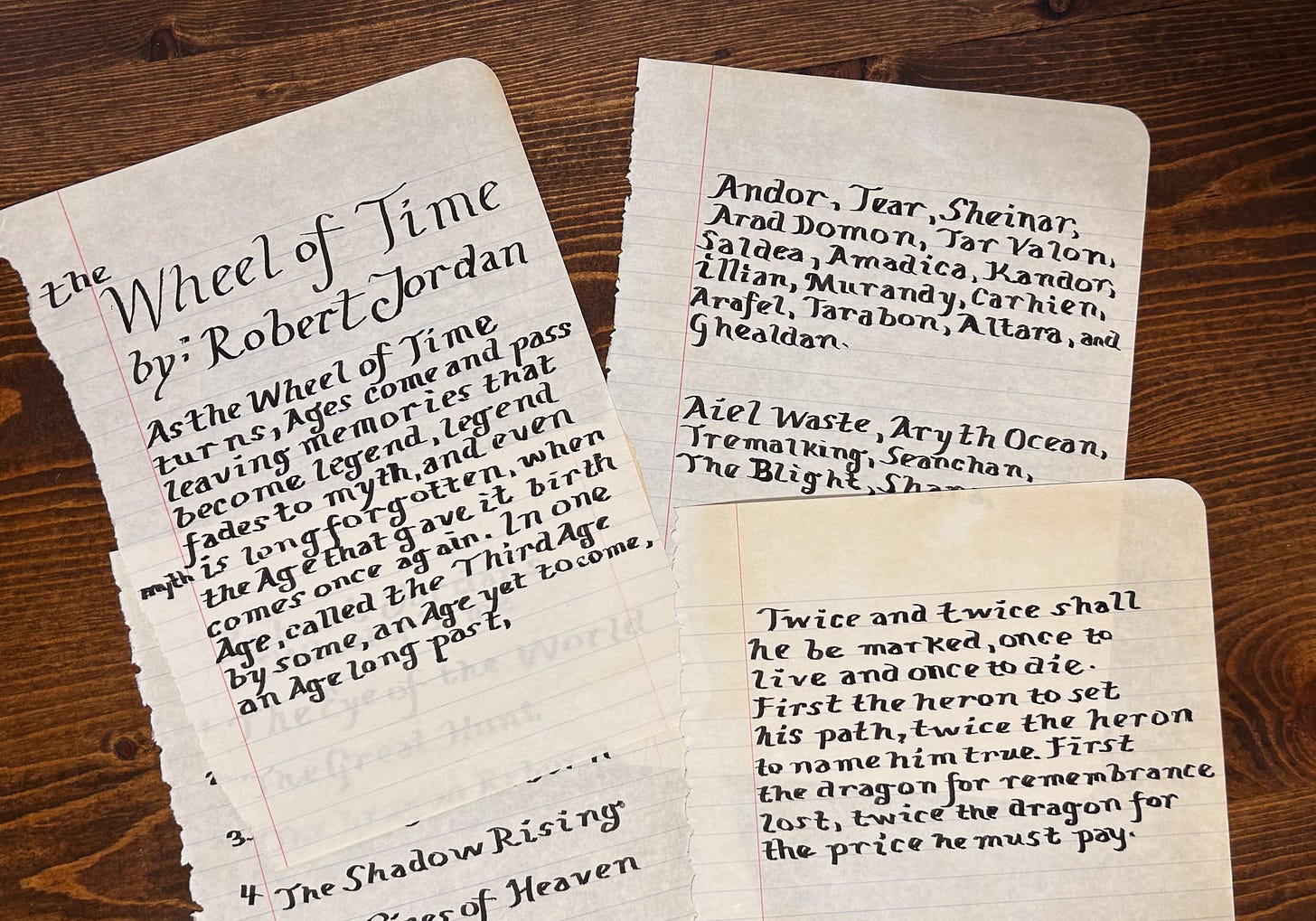
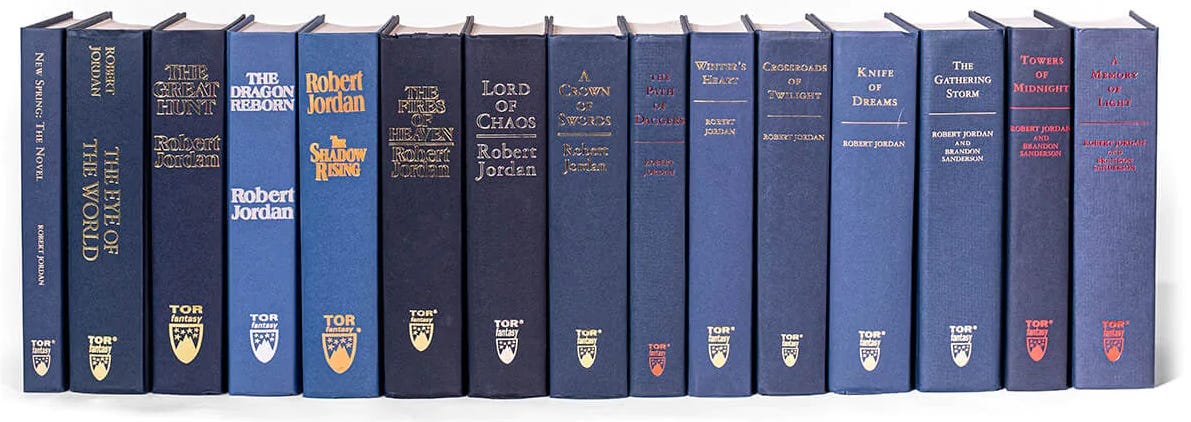
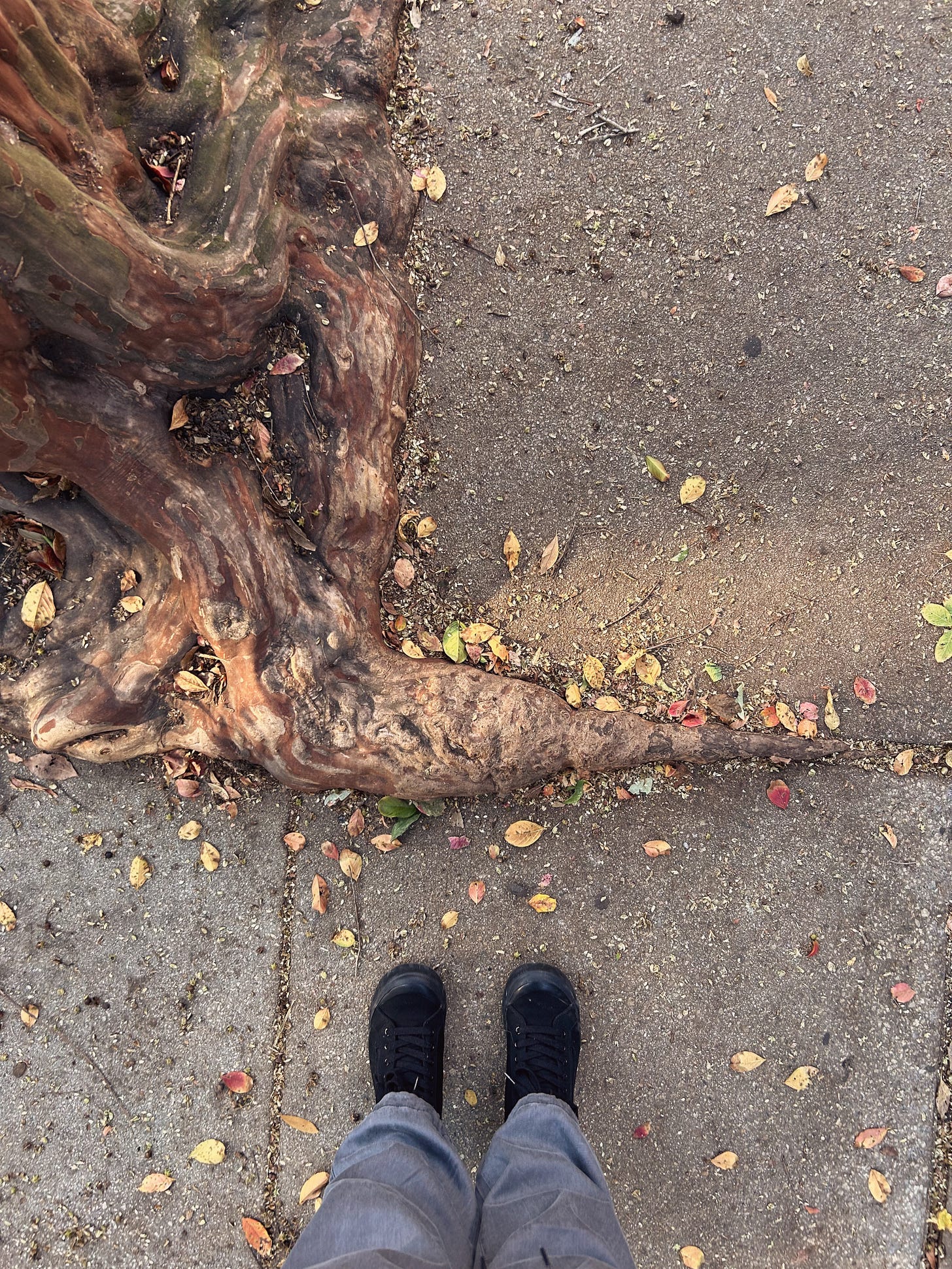
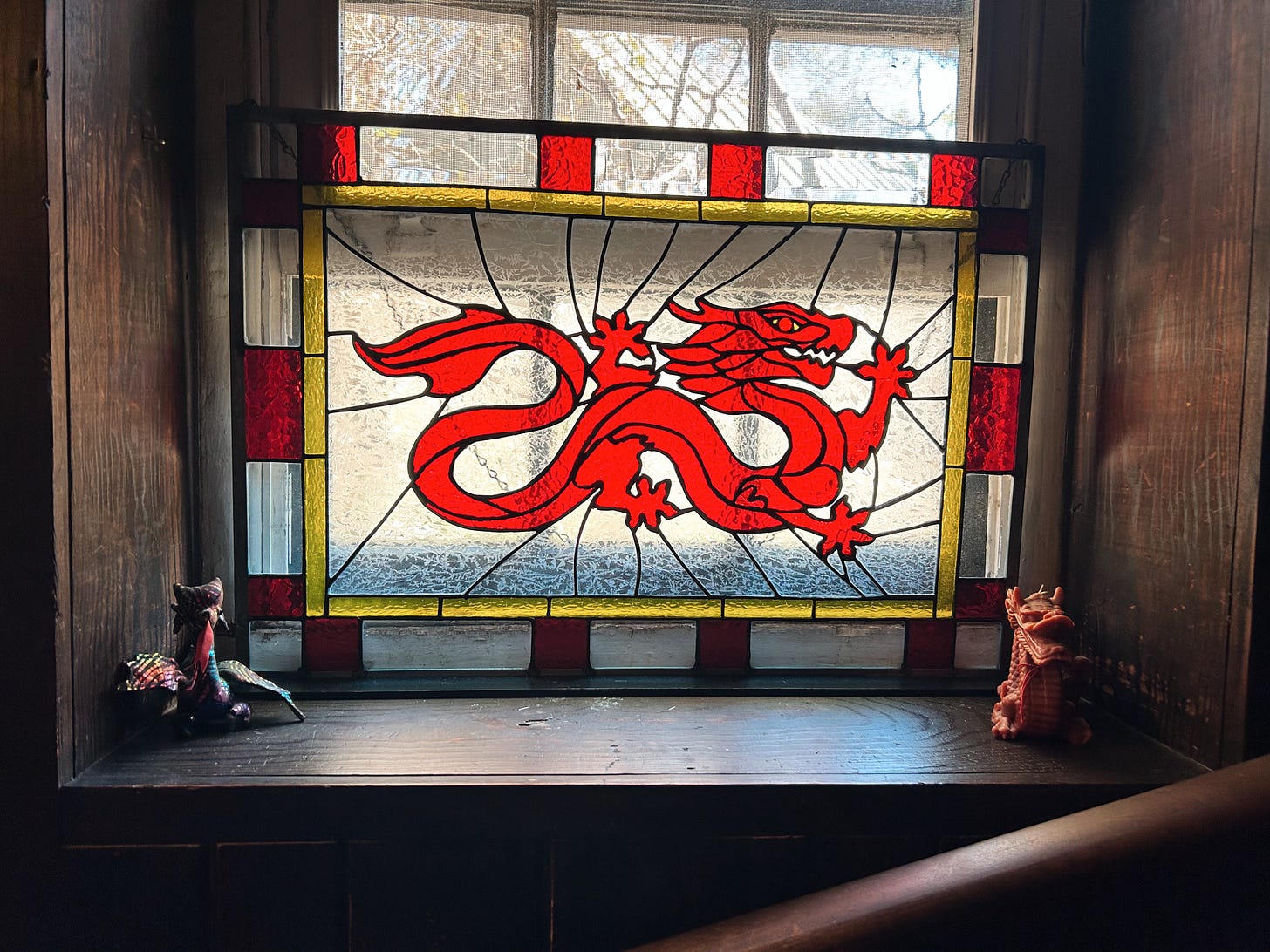

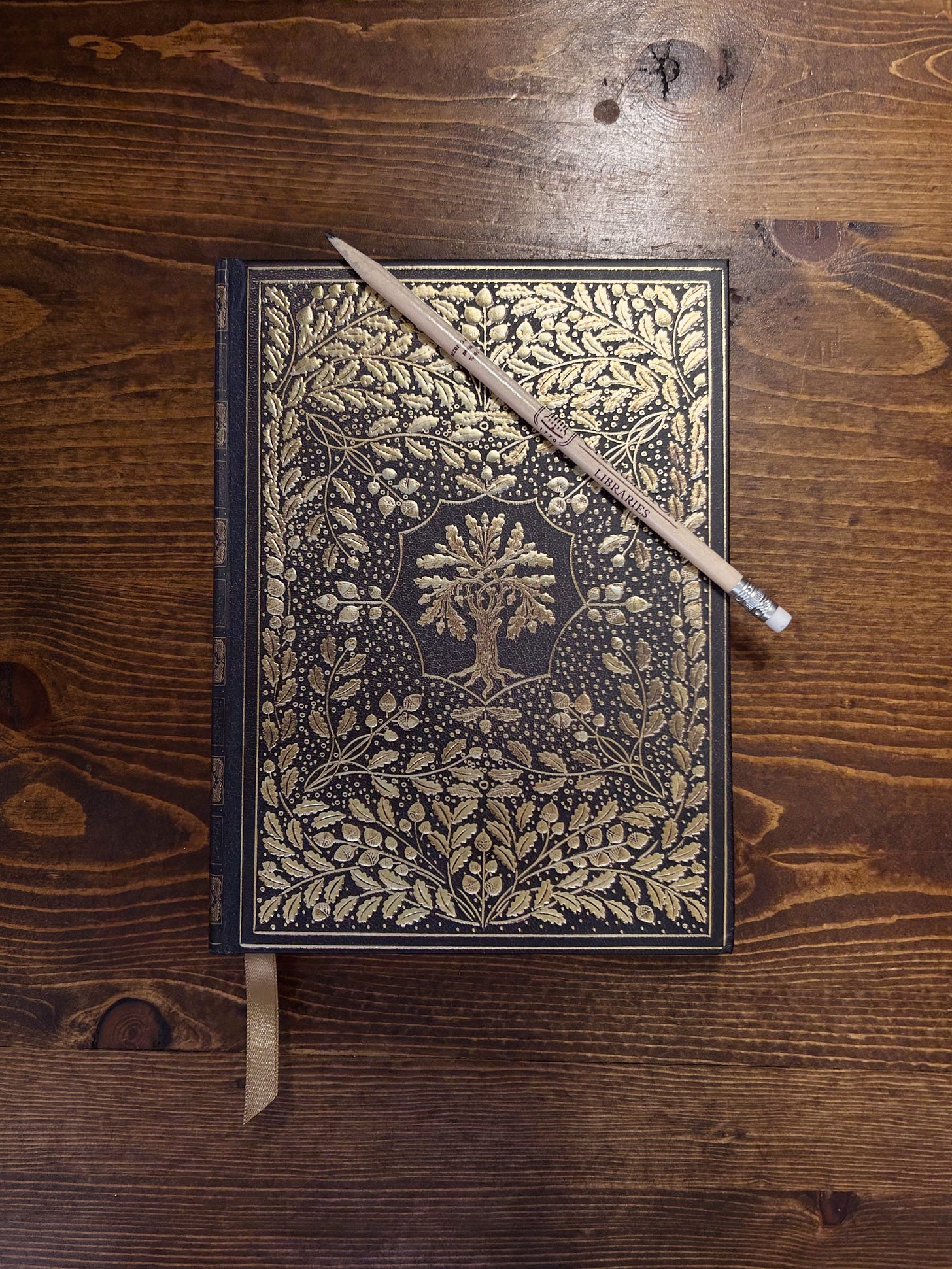
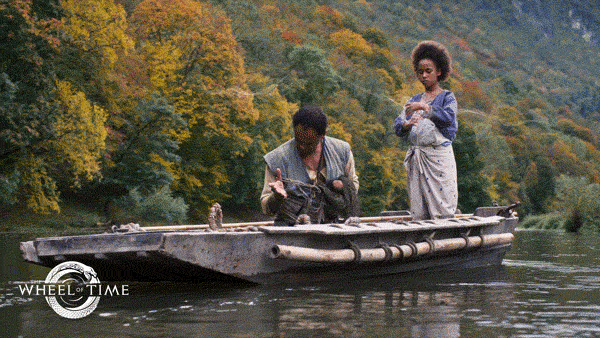
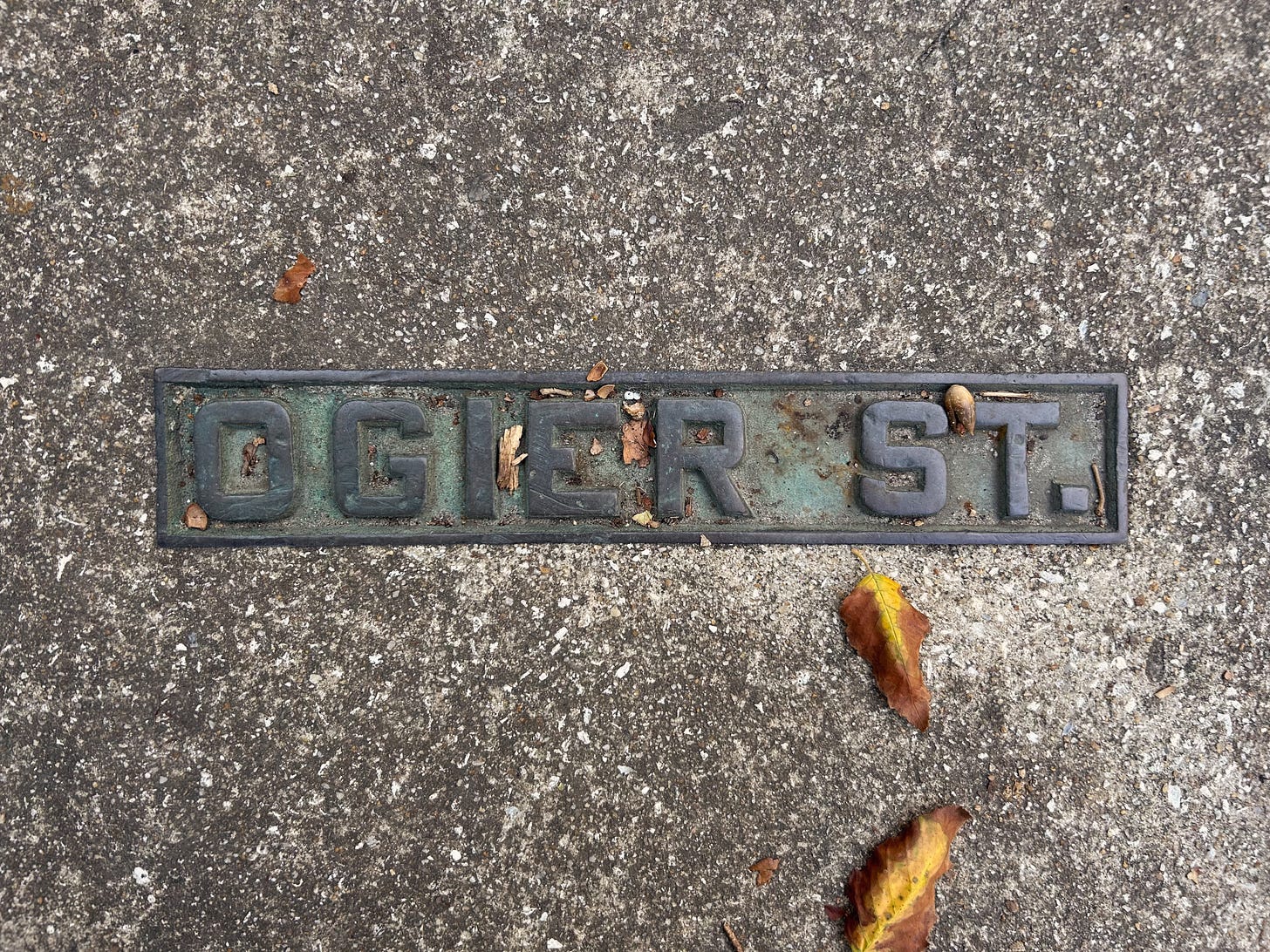
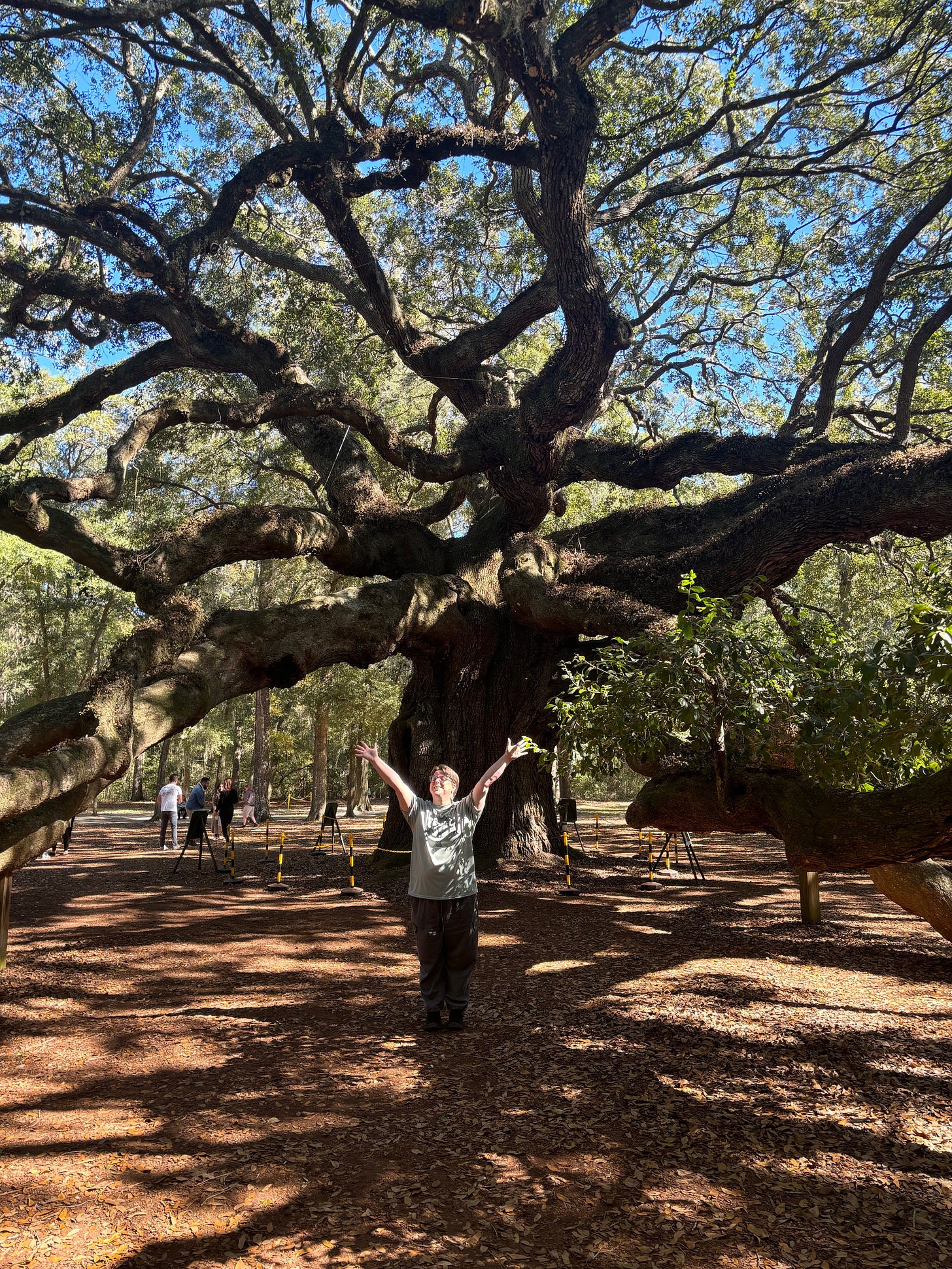
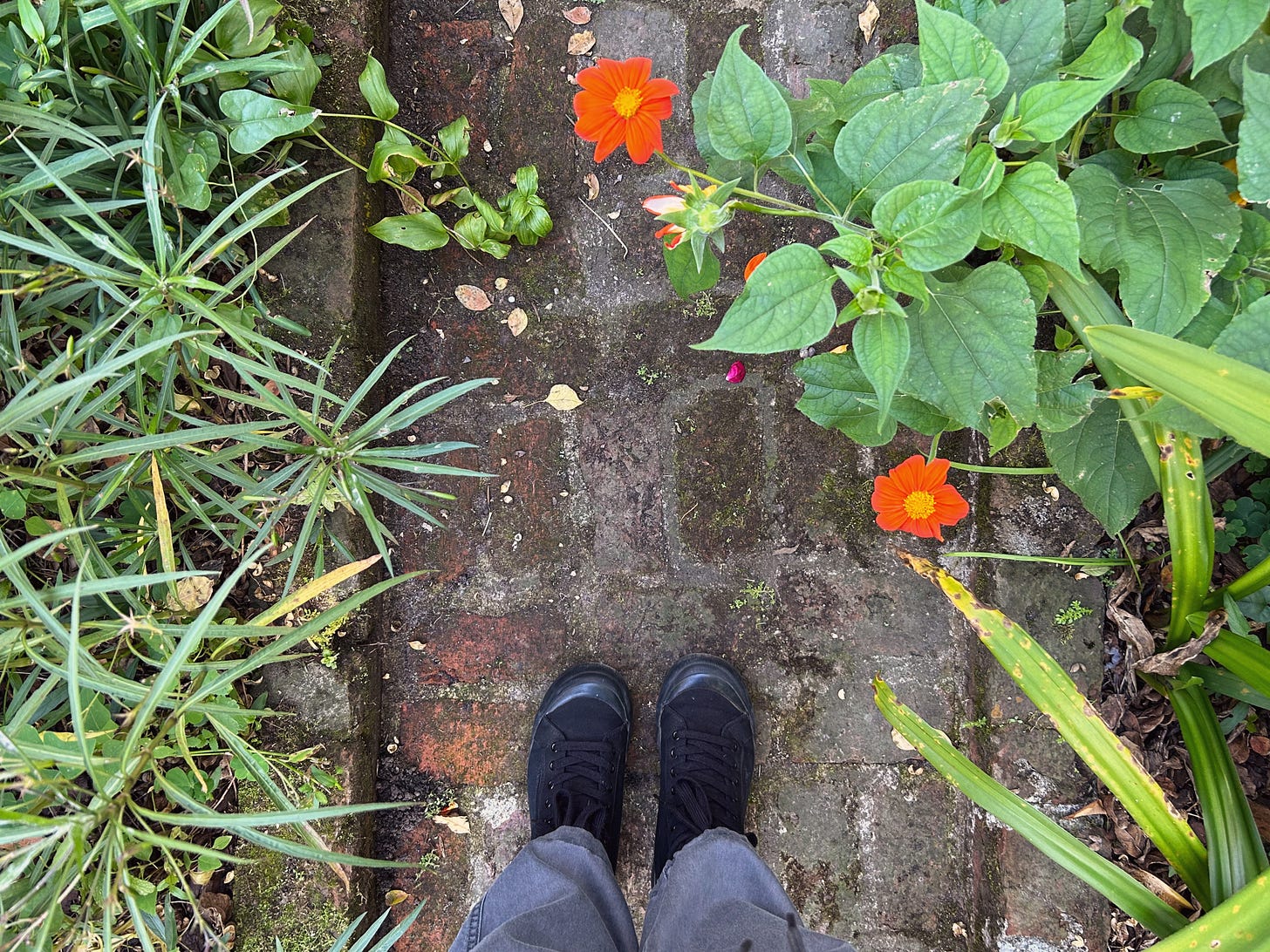
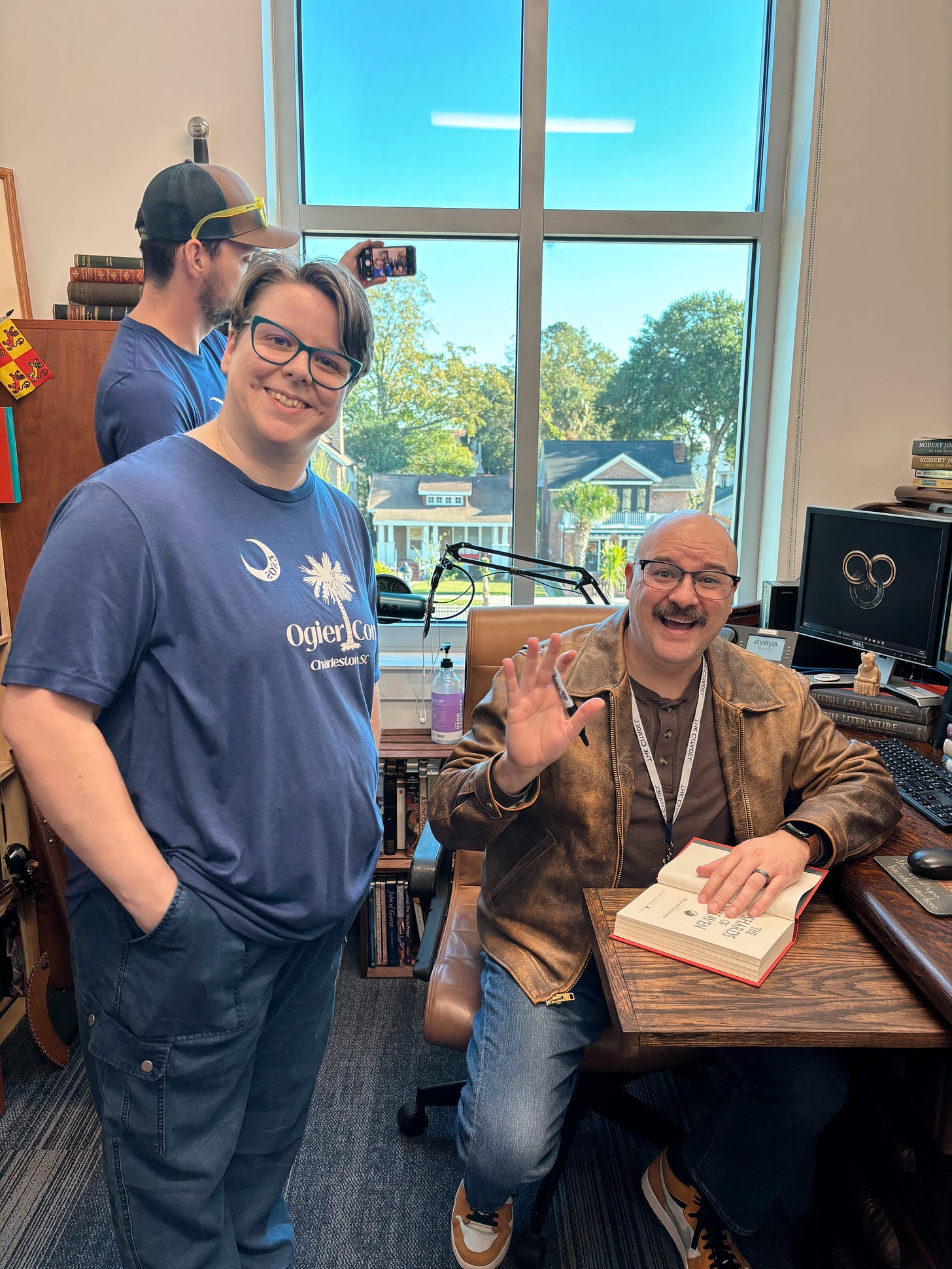
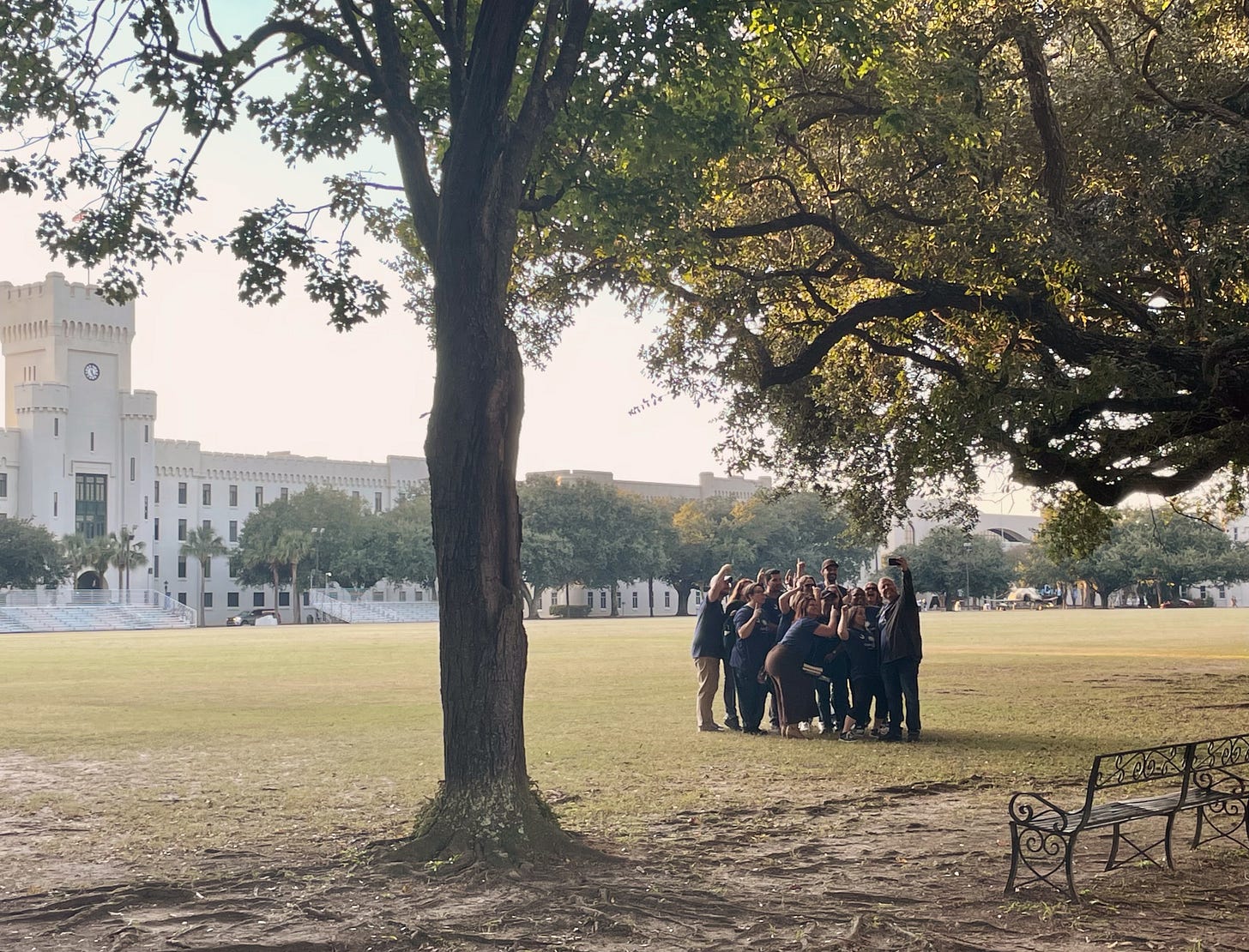
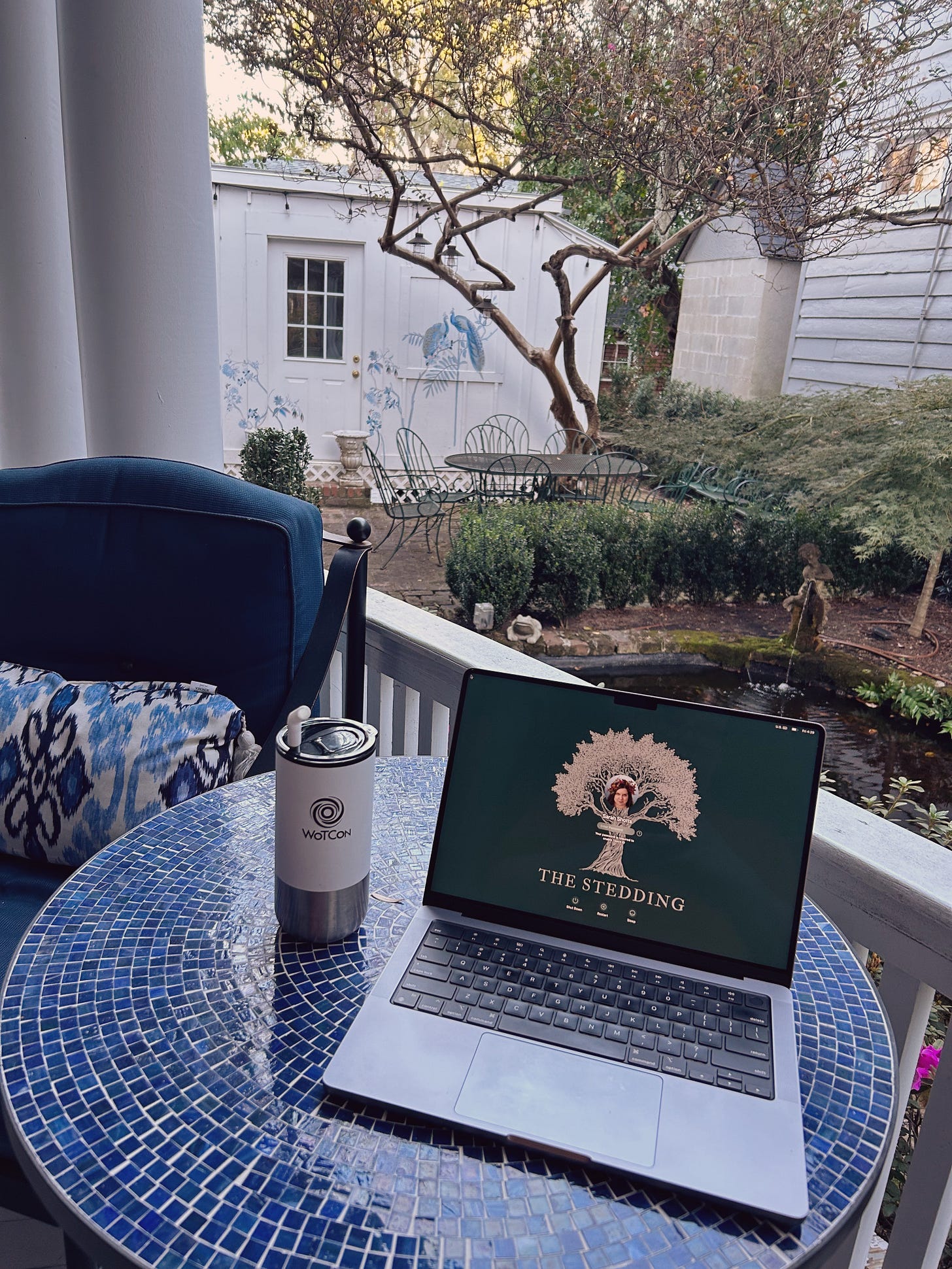



I have the same notebook and use it as a grimoire of sorts. Haven’t read WoT, but now you’ve got me intrigued. This makes me want to check it out!
This is amazing! I didn’t know much of anything about WoT until my husband watched the series and loooved it. You’ve inspired me to look into the books! I’m so glad you had such an incredible, life changing trip.